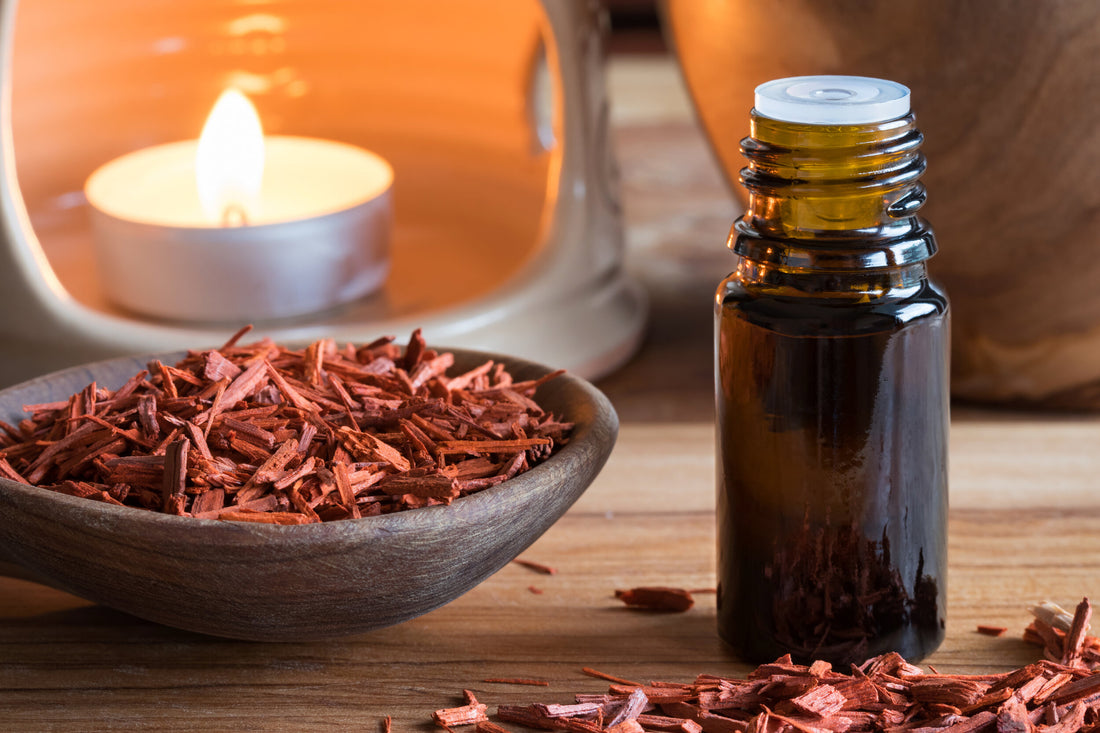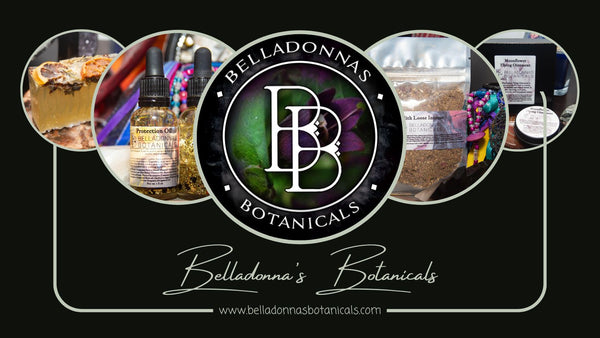How do you know if the company you are purchasing your essential oils from practices ethical and sustainable harvesting of plant material? - especially when it comes from critically endangered or protected plant species such as Rosewood, Spikenard, Sandalwood, Palo Santo, Agarwood, and even one of the most commonly used essential oils, Frankincense. These plant species are critically endangered due to having been drastically over-harvested or harvested illegally for many years.
Let's talk about each of these essential oils and how they should be harvested. Always look for this information provided on the essential oil company that you are purchasing from. If this information is not present, I would either do research on the brand to ensure their practices are ethical or avoid them altogether if you cannot verify such information. This is a known issue in the aromatherapy world so this information should be easy to come by.
Rosewood trees are native to Brazil and are critically endangered due to developmental clear cutting and other unethical harvesting methods. The wood should be harvested sustainably from trees that are intentionally planted in forests. The tree tops should be trimmed similarly to the way in which you would prune an overgrown bush or tree in your garden. This will ensure that the trees are kept alive and healthy.
Palo Santo is protected by the government of Ecuador and a permit is required to harvest the oil from dead trees or fallen branches from dead trees, that have been lying on the ground for at least two years. It is important that when you purchase this precious oil that the company whom you are purchasing from is educated in sustainable and ethical practices and deals with brokers and distributors who harvest the plant material legally and ethically.
Spikenard is hard to cultivate since it grows naturally in rocky soil at very high elevations in Nepal. It has been critically endangered since the mid-1990s. Permits are needed to buy and trade spikenard root for essential oils and is heavily regulated by the Nepalese government.
Agarwood should be sustainably produced from the heartwood of two different species of evergreen trees. The essential oils is usually produced from a wild, private tropical forest plantation in Thailand. They ensure that their agarwood is sustainably and ethically produced and follows local government regulations.
Sandalwood is endangered because of illegal smuggling and over-harvesting of wild-growing trees in India. The depopulation has occurred over many decades causing the industry to collapse in India. It is primarily cultivated in Australia these days.
Frankincense (Boswellia carterii) -- as opposed to other types of Frankincense) has been over-harvested in Somalia and other parts of North Africa. Due to the popularity of this essential oil, it will inevitably be moving up the list of endangered species.
When critically endangered plants or ones that are teetering on the edge of being over-harvested without regard for ethics and sustainability, the supplies will either run low or cease to exist. Additionally, governmental regulations may be mandated to protect these plant species from extinctions. This will also drive market prices through the roof. Today, a 5ml bottle of Sandalwood can run upwards of $100 and Agarwood runs closer to $200 for a 5ml bottle. The others remain reasonably priced considering their scarcity.
This is where using your essential oils in a sustainable manner and not overusing them comes in to play. Don't just assume to throw 10-15 drops of 3-5 different essential oils in a roller and call it day. Understand proper dilution ratios, you will only need 1-2 drops of Rose oil as opposed to 20, which would be an expensive waste. If you are using these particular essential oils on a regular basis please do so with intention knowing that every drop is precious and not to be wasted.

